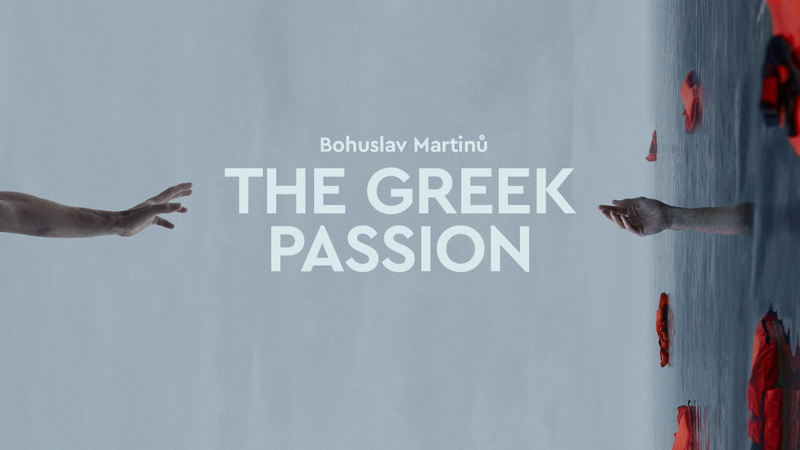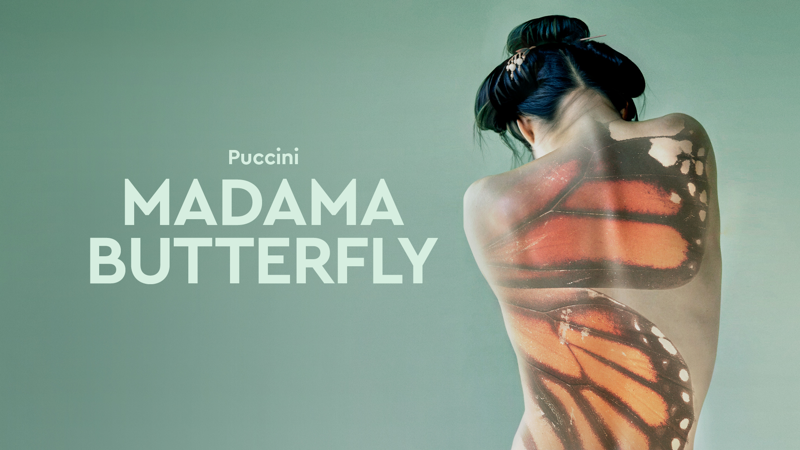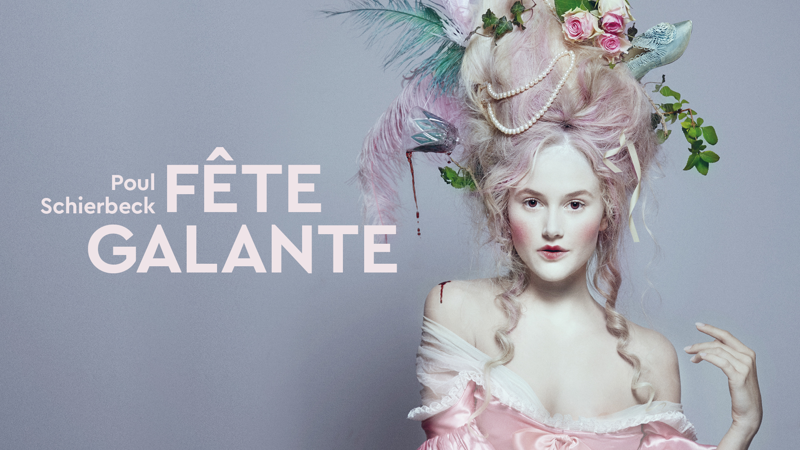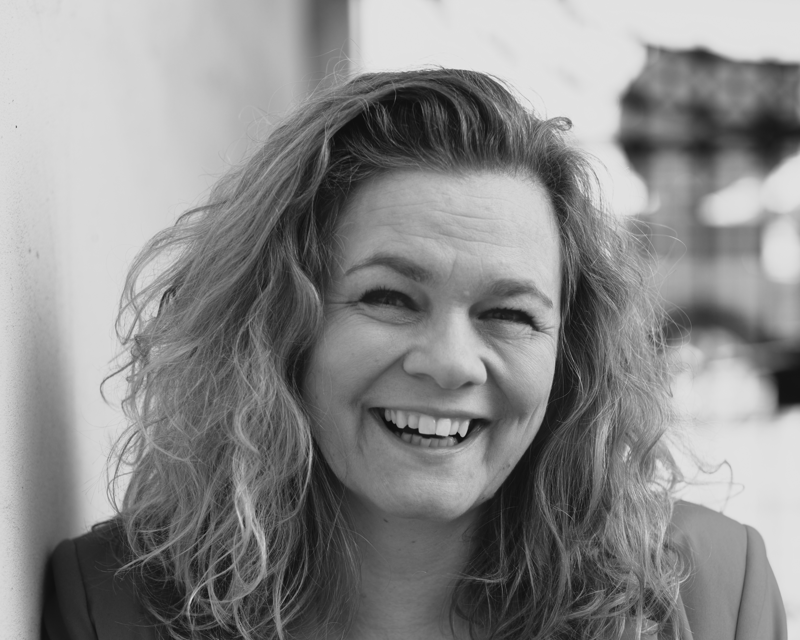The 2024-25 season is now revealed
The Greek Passion
Martinů's The Greek Passion – an opera about a refugee crisis and the relevance of Christian values – is the opera of the time. From being forgotten for decades, The Greek Passion is now staged all over the world, proving once again that the opera genre can help ask the most difficult questions. In Den Jyske Opera's production, Martinů's overwhelming music, with its huge choral elements, will also include real refugees in order to challenge the boundary between reality and fiction.

Madama Butterfly
Puccini's masterpiece is a true classic and one of the world's most beloved operas. With its immortal melodies, Madama Butterfly tells the tragic story of an irresponsible and self-absorbed American lieutenant who falls in love with a Japanese geisha. However, he fails to live up to his marriage promise and leaves her - without knowing that she is pregnant.
Despite being a legendary failure at its world premiere in 1904, Puccini's masterpiece has subsequently become a perennial success. It has been calculated that Madama Butterfly is staged on average once a day somewhere around the world.

Fête galante
'Fête galante' refers to the paintings that show the parties and excesses of the French nobility in the 18th century. In the popular Danish composer Poul Schierbeck's Fête galante, such a love fest gets out of control when Count René leads the young Suzon into the dark, and this has major consequences. Poul Schierbeck has the melodies for some of the most popular Danish songs but the masterpiece Fête galante is his only opera.

Anne Barslev isthe new Artistic Director at Den Jyske Opera
1st of May 2024, the 48-year-old opera director Anne Barslev will take over as the new Artistic Director at Den Jyske Opera.


